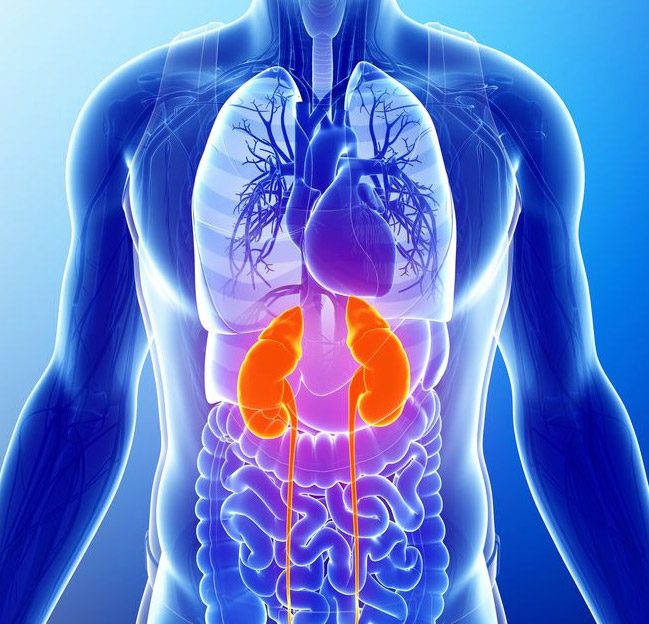Title: The College Experience: A Journey of Learning, Growth, and Exploration
Introduction:
College, often referred to as a gateway to knowledge and personal development, plays a pivotal role in shaping individuals into well-rounded and educated members of society. This article explores the multifaceted aspects of college life, from academic pursuits to personal growth, social interactions, and the development of crucial life skills.
Academic Exploration:
At its core, college is a place of higher learning, where students delve into academic disciplines that align with their passions and career aspirations. The academic environment encourages critical thinking, research, and the acquisition of specialized knowledge. Professors, experts in their fields, serve as guides on this intellectual journey, challenging students to expand their horizons and explore new ideas.
The Pursuit of Knowledge:
One of the fundamental purposes of college is to foster a love for learning. Beyond textbooks and lectures, students engage in discussions, collaborative projects, and hands-on experiences that deepen their understanding of their chosen fields. This pursuit of knowledge extends beyond the classroom, with libraries, research facilities, and online resources providing a wealth of information for those eager to explore and discover.
Personal Growth and Independence:
College is a transformative period marked by personal growth and the development of independence. Away from the familiar confines of home, students learn to navigate life on their own, making decisions about their schedules, finances, and daily routines. These newfound responsibilities contribute to the cultivation of resilience, time management skills, and a sense of self-reliance.
Cultural and Social Diversity:
A unique aspect of the college experience is the diverse and vibrant community it brings together. Students from various backgrounds, cultures, and countries converge on campus, creating a rich tapestry of experiences. Interactions with peers provide opportunities for cultural exchange, broadening perspectives and fostering an appreciation for diversity.
Extracurricular Activities:
College life extends beyond academics, with a plethora of extracurricular activities available to students. Clubs, sports, arts, and community service initiatives offer avenues for personal expression, skill development, and the formation of lasting friendships. Participation in these activities contributes to a well-rounded education and enhances the overall college experience.
Challenges and Resilience:
College life is not without its challenges. Academic rigor, social pressures, and the process of self-discovery can be demanding. However, overcoming these challenges fosters resilience, perseverance, and the ability to adapt—a crucial skill set that serves individuals well beyond their college years.
Conclusion:
In essence, the college experience is a transformative journey that goes beyond the classroom, shaping individuals intellectually, personally, and socially. It is a time of exploration, self-discovery, and the cultivation of skills that prepare students for the complexities of the modern world. As students navigate the challenges and triumphs of college life, they emerge not only with a degree but with a foundation for a lifetime of learning and growth.
Continued:
Career Preparation:
Beyond the academic and personal development aspects, college serves as a bridge between the educational environment and the professional world. Many colleges and universities offer career services, internships, and networking opportunities to help students transition smoothly into their chosen professions. The knowledge gained in the classroom is often complemented by practical experiences, preparing graduates to apply their skills in real-world scenarios.
Global Perspectives:
In an interconnected world, colleges provide students with the chance to develop global perspectives. Through international exchange programs, study abroad opportunities, and exposure to diverse viewpoints within the campus community, students broaden their understanding of global issues. This global awareness is increasingly important as graduates enter a workforce that values cultural competence and a nuanced understanding of international affairs.
Networking and Social Capital:
College is a hub of social interactions, creating a network of friends, mentors, and colleagues that can last a lifetime. These connections can be valuable in both personal and professional spheres. The relationships formed in college often lead to collaborative projects, job opportunities, and a supportive community that extends beyond graduation.
Innovation and Creativity:
The college environment fosters an atmosphere of innovation and creativity. Students are encouraged to think critically, question assumptions, and explore innovative solutions to real-world problems. Whether through research projects, entrepreneurial ventures, or artistic pursuits, colleges provide a fertile ground for the development of creative thinking and problem-solving skills.
Lifelong Learning:
The college experience instills a love for lifelong learning. As graduates enter their respective fields, the ability to adapt to new technologies, evolving industries, and changing societal needs becomes paramount. The foundation laid in college, coupled with the mindset of continuous learning, positions individuals to thrive in a dynamic and ever-changing world.
In conclusion, the college experience is a multifaceted journey that encompasses academic pursuits, personal growth, cultural diversity, and preparation for the future. It is a time of exploration and self-discovery that equips individuals with the skills, knowledge, and perspectives needed to navigate the complexities of the world. As students embark on this transformative journey, they not only earn a degree but also gain the tools to lead fulfilling lives and contribute meaningfully to society.


Comments
Post a Comment
أكتب تعليقك اذا كان لديك اي تسائل عن الموضوع وسنجيبك فور مشاهدة تعليقك